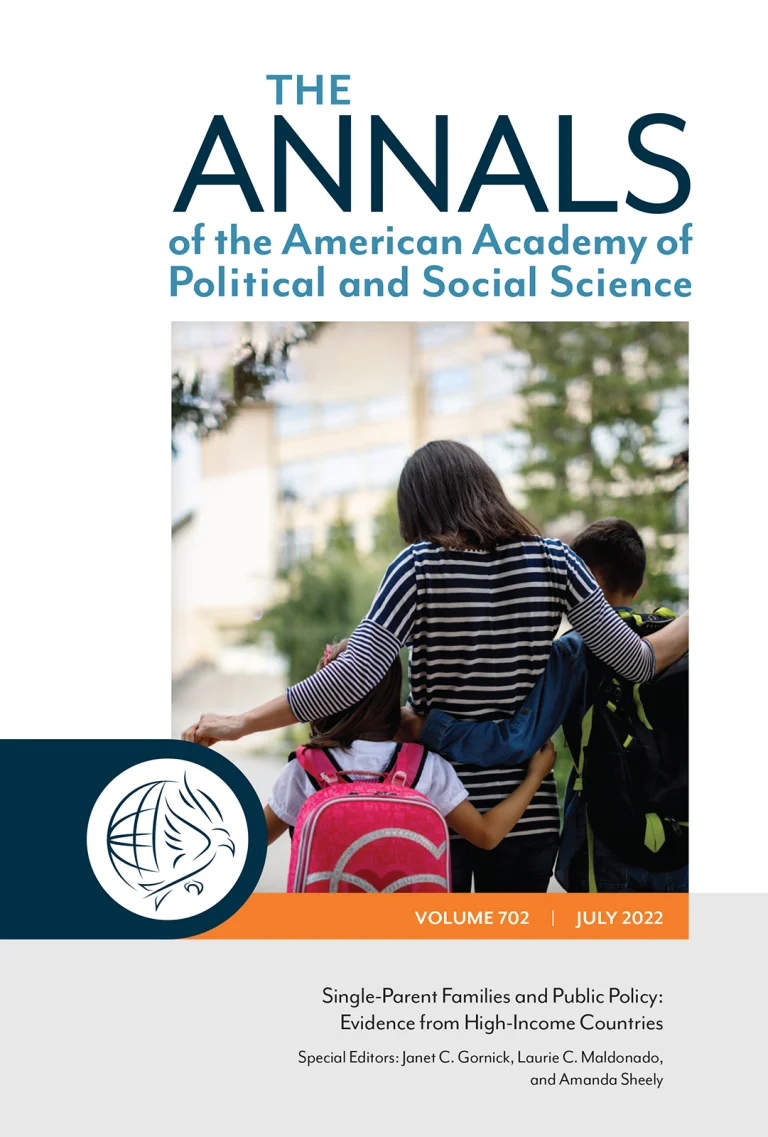From Annals of the American Academy of Political and Social Science Journal:
We generally think of regulations as being applied to regulated organizations, which are then expected to comply with those regulations. Yet this way of thinking often misunderstands regulated organizations and misrepresents the complexity of their responses to regulation. This article uses evidence from an ethnographic study of the global regulation of HIV treatment and research to offer a fresh interpretation of the nature of regulated organizations and the part they play in complex regulatory systems. I show that regulated organizations do a great deal of interpretive work to decipher the rules, adjust rules to local realities, and translate local practices into the categories used by rule-makers. Such adjustments are especially required when regulators have an inaccurate picture of the structure of regulated organizations and the physical and sociocultural contexts in which they are embedded. HIV clinics themselves play a crucial role in correcting misinformation and in wrangling both regulations and regulated entities to bring them into closer alignment.

